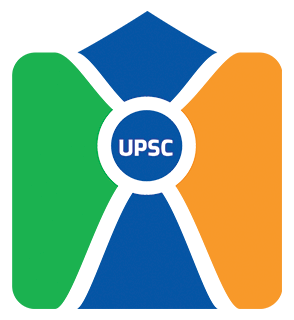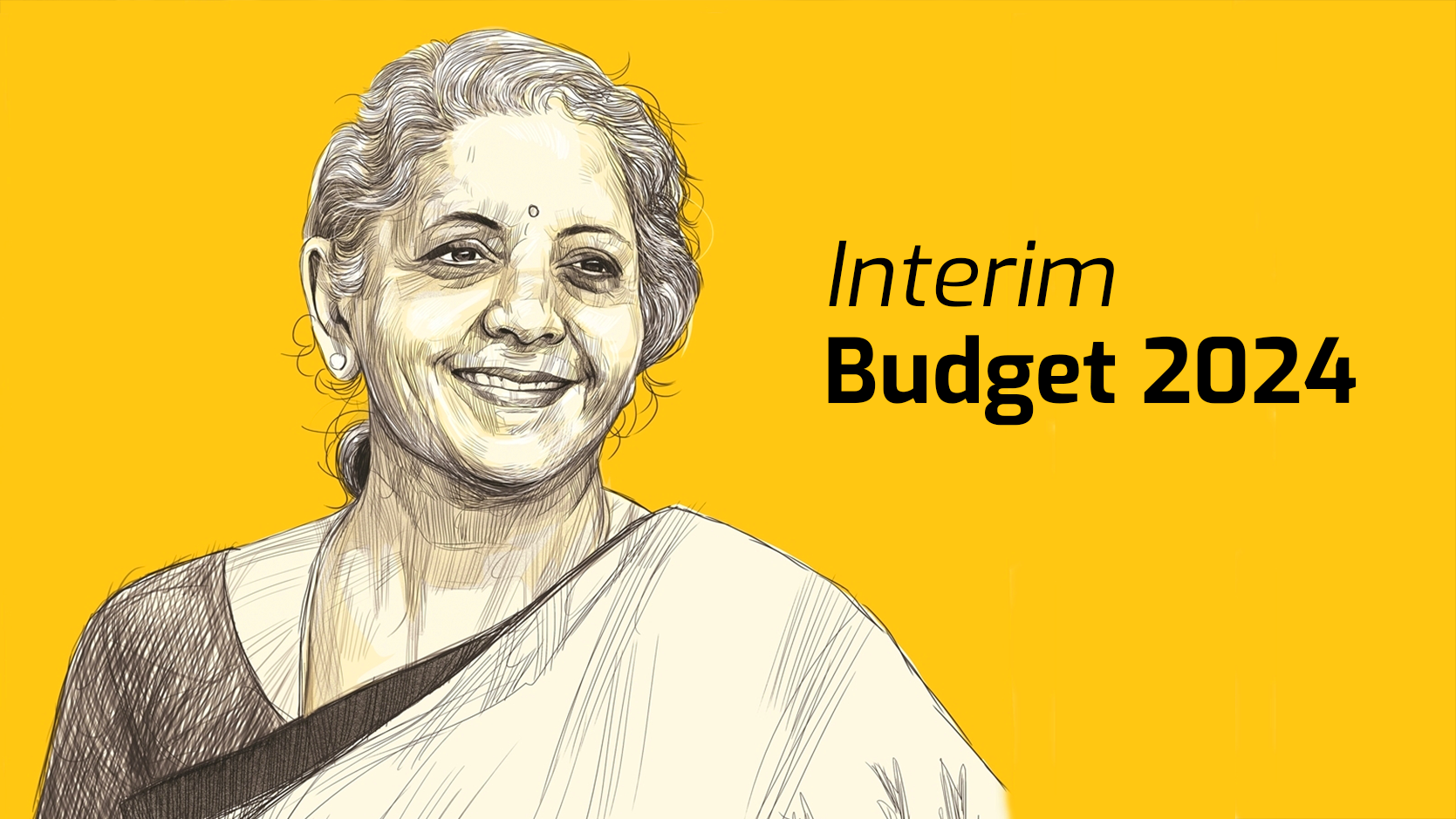UPSC Bodo Literature Optional Syllabus: The UPSC Bodo Literature Optional is all about exploring the stories and writings of the Bodo-speaking people. It is one of the 48 optional subjects you can choose from for the UPSC Civil Services Mains Examination.
In this exam, if you go literature as your optional subject, you get to pick a language, and Bodo is one of the options. Bodo literature is special because it lets you discover the unique culture and language of the Bodo community.
If you’re interested in Bodo and thinking about picking it for the IAS Mains exam, you’re in the right place. Here, we’ll give you the complete UPSC Bodo Literature syllabus for Paper I and Paper II, along with tips for preparation and a list of good books to read.
UPSC Bodo Literature Optional Syllabus Overview
Here is an overview of the UPSC Bodo Literature Syllabus:
| UPSC BODO Literature Syllabus 2024 Overview | |
| Conducting Body | Union Public Service Commission (UPSC) |
| Mode Of Exam | Paper pen (offline mode) based examination |
| Name of Exam | BODO Literature |
| BODO Literature Optional Subject | Paper I & II |
| Total Marks | 250 Marks for Each (Paper I & II) |
| Total Time | 3 Hours Each |
| Language of Question Paper | English and Hindi only |
| Official Website | upsc.gov.in |
UPSC Bodo Literature Optional Syllabus Paper 1
Here’s a detailed overview of the UPSC Bodo Literature Optional Syllabus:
- History of Bodo Language:
- Homeland, Language Family, Present Status: Understanding the geographical origins of the Bodo-speaking community, its language family classification, current status, and its interaction with the Assamese language.
- Phonology: Study of vowel and consonant sounds in the Bodo language, along with the tones used in pronunciation.
- Morphology: Analysis of grammatical aspects such as gender, case, plural suffixes, definitives, verbal suffixes, and their usage in Bodo language construction.
- Vocabulary and Sources: Examination of the Bodo lexicon, its origins, and sources contributing to its vocabulary.
- Syntax: Exploration of sentence structure, types of sentences, and word order in Bodo language construction.
- History of Scripts: Tracing the evolution and usage of scripts employed in writing the Bodo language from ancient times to the present.
- History of Bodo Literature:
- Introduction to Bodo Folk Literature: Overview of traditional Bodo oral literature, including myths, legends, folk tales, and songs.
- Missionary Contributions: Impact of Christian missionaries on the development and preservation of Bodo literature.
- Periodization: Classification of Bodo literary history into different periods based on significant historical and cultural transitions.
- Critical Analysis of Genres: In-depth study and analysis of various literary genres in Bodo literature, such as poetry, novels, short stories, and dramas.
- Translation Literature: Examination of translated literary works in Bodo literature, exploring the challenges and significance of literary translation.
Paper II:
This paper covers the various aspects of Bodo history, society, culture, and politics, providing candidates with a comprehensive understanding of the Bodo community’s socio-political landscape. Topics covered include:
- Detailed study of Bodo texts
- Origin and development of the Bodo language and its dialects
- Traditional Bodo education, culture, religion, and scripts
- The societal structure of the Bodo people
- Contribution of Bodo women in agriculture, education, and social reform
- Bodo customary laws and practices
- Impact of British policies on land revenue, education, and administration
- The rise of print media and its influence on Bodo society
- Socio-religious reform movements among the Bodos
- Political status of the Bodos during different historical periods, including the British rule and post-independence India under various constitutional provisions,.
UPSC Bodo Literature Optional Syllabus Paper 2
Part A:
Khonthai-Methai:
- This section likely covers a Bodo literary work titled “Khonthai-Methai”. Candidates are expected to study this work comprehensively, analyzing its themes, characters, narrative style, and cultural significance.
Hathorkhi-Hala:
- Candidates are required to study the Bodo literary work “Hathorkhi-Hala” in detail. This involves analyzing the content, literary devices employed, historical context, and the author’s perspective.
Boroni Gudi Sibsa Arw Aroz : Madaram Brahma:
- This section focuses on the work “Boroni Gudi Sibsa Arw Aroz” authored by Madaram Brahma. Candidates should delve into the themes, characters, plot, and stylistic elements of this literary piece.
Raja Nilambar : Dwarendra Nath Basumatary:
- Candidates are required to study the Bodo literary work “Raja Nilambar” written by Dwarendra Nath Basumatary. This involves a detailed analysis of the storyline, characters, symbolism, and cultural context.
Bibar (prose section):
- This section pertains to the prose section of the work “Bibar” in Bodo literature. Candidates need to analyze the prose content, thematic elements, narrative techniques, and the author’s perspective.
Part B:
Bibi Bithai (Aida Nwi) : Bihuram Boro:
- Candidates should study the literary work “Bibi Bithai (Aida Nwi)” authored by Bihuram Boro. This involves a thorough examination of the themes, characters, linguistic features, and cultural context depicted in the text.
Radab: Samar Brahma Chaudhury:
- This section focuses on the work “Radab” written by Samar Brahma Chaudhury. Candidates are expected to analyze the narrative structure, character development, social commentary, and literary style employed in this text.
Okhrang Gongse Nangou : Brajendra Kumar Brahma:
- Candidates are required to study the Bodo literary work “Okhrang Gongse Nangou” authored by Brajendra Kumar Brahma. This involves a detailed examination of the plot, themes, symbolism, and cultural significance portrayed in the text.
Basagu Arw Harimu: Laksheswar Brahma:
- This section pertains to the literary work “Basagu Arw Harimu” written by Laksheswar Brahma. Candidates should analyze the content, thematic elements, character dynamics, and socio-cultural context depicted in this work.
Gwdan Boro : Manoranjan Lahary:
- Candidates should study the literary work “Gwdan Boro” authored by Manoranjan Lahary. This involves analyzing the narrative structure, thematic depth, character development, and cultural insights presented in the text.
Jujaini Or : Chittaranjan Muchahary:
- This section focuses on the work “Jujaini Or” written by Chittaranjan Muchahary. Candidates are expected to delve into the storyline, thematic elements, literary techniques, and socio-political commentary portrayed in the text.
Mwihoor: Dharanidhar Wary:
- Candidates are required to study the Bodo literary work “Mwihoor” authored by Dharanidhar Wary. This involves a comprehensive analysis of the plot, characters, symbolism, and cultural context depicted in the narrative.
Hor Badi Khwmsi : Kamal Kumar Brahma:
- This section pertains to the literary work “Hor Badi Khwmsi” written by Kamal Kumar Brahma. Candidates should analyze the thematic depth, narrative structure, character arcs, and socio-cultural nuances presented in the text.
Jaolia Dewan : Mangal Singh Hozowary:
- Candidates should study the literary work “Jaolia Dewan” authored by Mangal Singh Hozowary. This involves a detailed examination of the storyline, character motivations, linguistic features, and cultural themes depicted in the narrative.
Hagra Guduni Mwi : Nilkamal Brahma:
- This section focuses on the work “Hagra Guduni Mwi” written by Nilkamal Brahma. Candidates are expected to analyze the narrative structure, thematic elements, character dynamics, and socio-political commentary
UPSC BODO Literature Exam Pattern
Here’s the exam pattern for the UPSC BODO Literature Optional Paper in the mains exam:
| Mains Papers | Subject | Marks | Time Duration |
| Paper VI | Optional Subject Paper-I | 250 | 3 hours (180 min) |
| Paper VII | Optional Subject Paper-II | 250 | 3 hours (180 min) |
Total Marks: 500
UPSC Bodo Literature Optional Books
Here’s a list of recommended books for UPSC Bodo Literature Optional, categorized according to the syllabus:
Paper 1 Book List:
- University Syllabus of Bodo Literature from North Assam Universities
- Bodo Sahityar Itihas by Tilak Basumatary
- State Textbooks of Assam
- A History of Bodo Literature by Anil Boro
Paper 2 Book List (Section A):
- Khonthai-Methai (Edited by Madaram Brahma & Rupnath Brahma)
- Hathorkhi-Hala (Edited by Pramod Chandra Brahma)
- Boroni Gudi Sibsa Arw Aroz by Madaram Brahma
- Raja Nilambar by Dwarendra Nath Basumatary
- Bibar (prose section) (Edited By Satish Chandra Basumatary)
- Read other literary texts given in the syllabus.
These books cover a range of topics and literary works relevant to the UPSC Bodo Literature Optional syllabus. Candidates can refer to these books to enhance their understanding and preparation for the examination.
Strategic Approach to Prepare for UPSC Bodo Literature Optional Subject
Here’s a detailed strategy to help candidates prepare for this optional subject:
- Understand the Syllabus: Begin by thoroughly understanding the UPSC Bodo Literature syllabus for both Paper I and Paper II. Identify the topics and texts to be covered in each section and create a study plan accordingly.
- Read Widely: Explore a diverse range of Bodo literary texts, including classical, modern, and contemporary works. Pay attention to the themes, characters, narrative styles, and socio-cultural contexts depicted in each text.
- Analyze and Interpret: Practice critically analyzing and interpreting Bodo literary texts. Focus on understanding the literary devices, language usage, and underlying themes. Develop the ability to express your analysis effectively in writing.
- Read the Original Texts: Dive into the original writings in Bodo literature. Reading the texts in their original language helps in understanding the nuances and subtleties of the language and culture.
- Meet the Demand of the Question: Ensure your responses directly address the question asked in the examination. Structure your answers logically and provide evidence from the texts to support your arguments.
- Utilize Comparative Literature: Compare Bodo literary works with texts from other languages and cultures. Drawing comparisons can provide deeper insights and enrich your analysis.
- Practice Writing: Regularly practice writing essays, analytical responses, and critical evaluations of Bodo literary texts. Work on improving your writing skills, including clarity, coherence, and organization of ideas.
- Revision and Mock Tests: Regularly revise the texts and concepts covered in the syllabus. Take mock tests to simulate exam conditions and assess your preparation level. Analyze your performance and identify areas for improvement.
- Seek Guidance: Seek guidance from teachers, mentors, and subject experts to clarify doubts and understand complex topics. Join study groups or online forums to discuss ideas, share resources, and exchange study strategies.
- Stay Updated: Stay updated with recent developments in Bodo literature and related fields. Keep track of new publications, literary events, and scholarly discussions to broaden your understanding and perspective.


 UPSC Sociology Syllabus
UPSC Sociology Syllabus  UPSC Dogri Literature Syllabus
UPSC Dogri Literature Syllabus 


